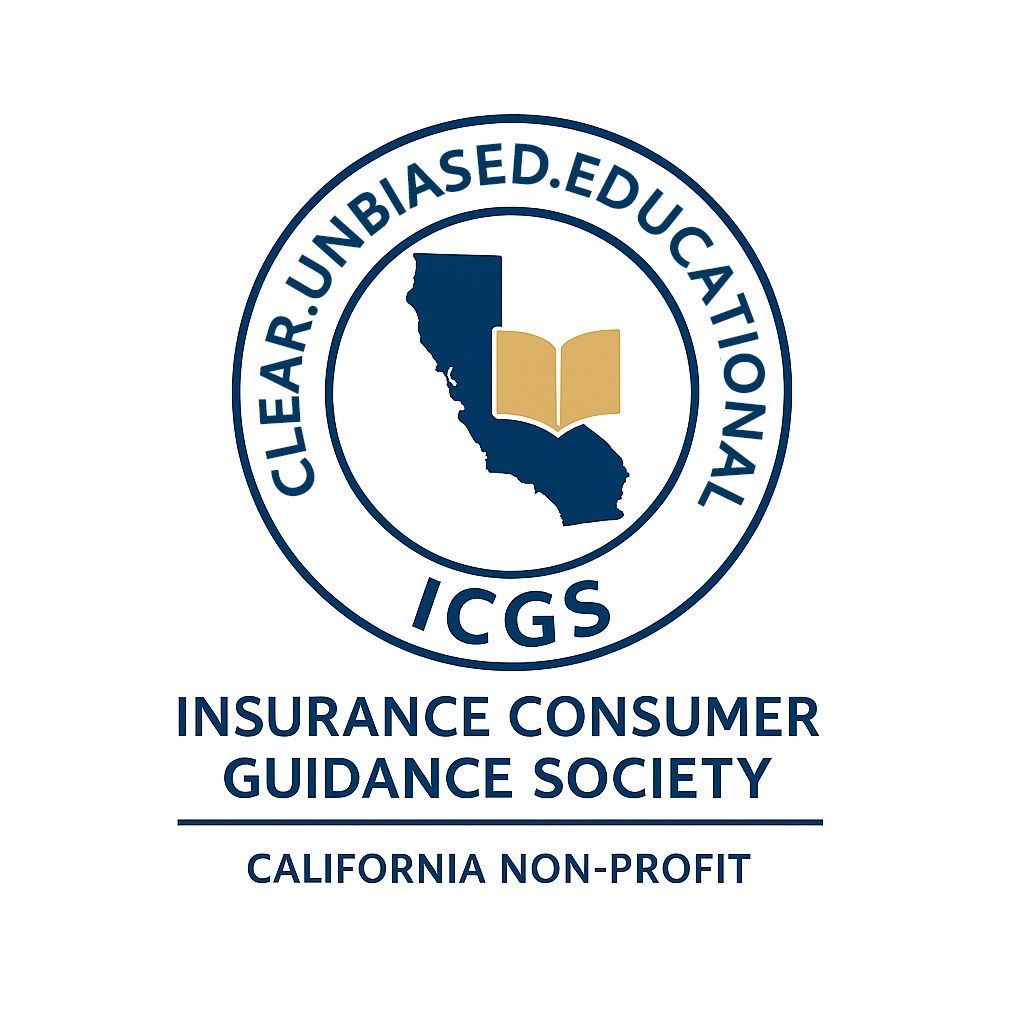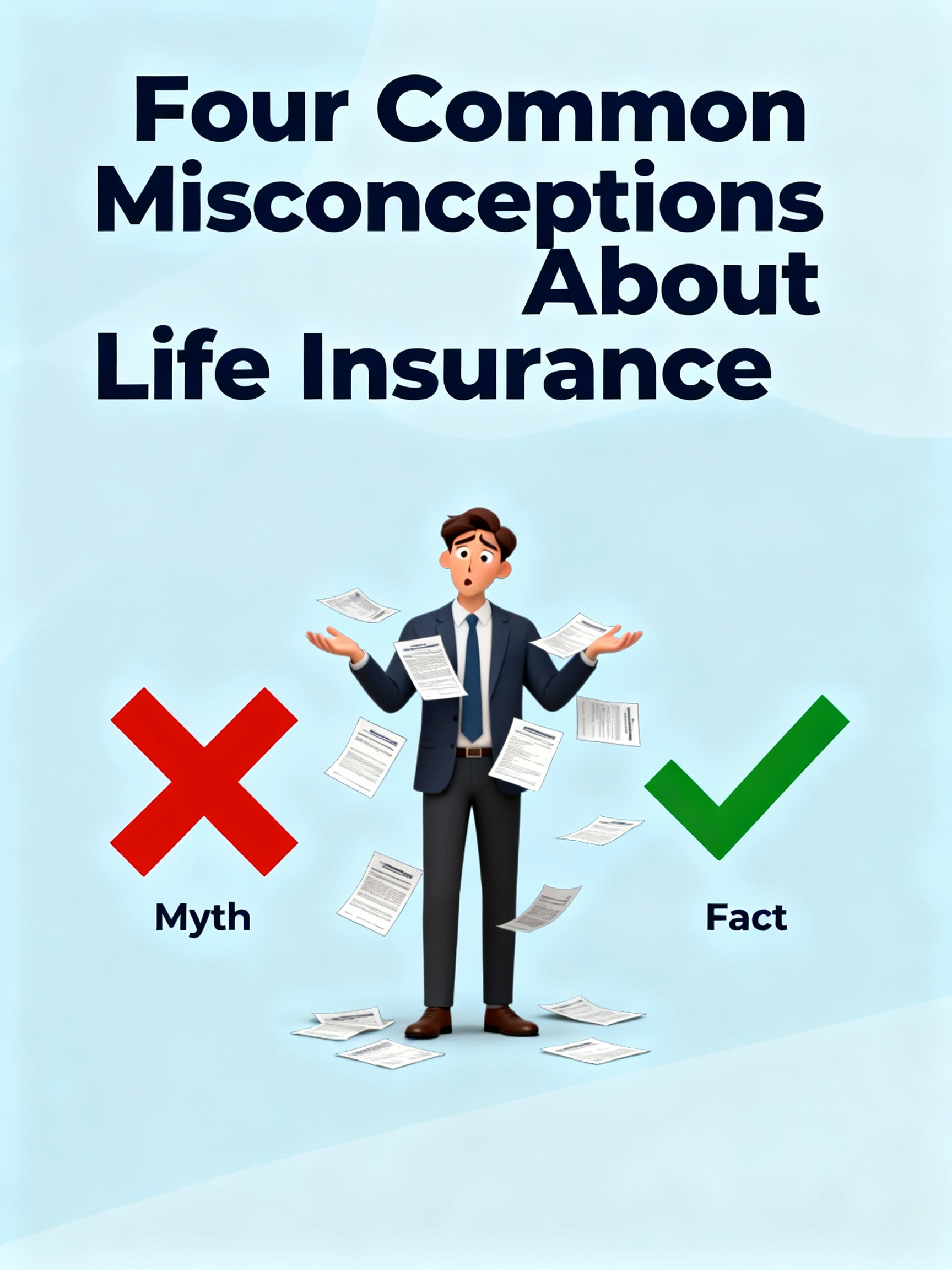How to Make Money and Build a Career in the Insurance Industry
Published Date: 10/18/2025
For many professionals, a career in insurance doesn’t start with a grand plan — it starts by accident. Maybe you took a customer service role at an agency, joined an underwriting team at an insurer, or stumbled into claims work after college. But for those who stay, the reason is nearly universal: the insurance industry is stable, lucrative, and deeply rewarding.
Unlike some industries driven by trends, insurance is built on a timeless foundation — risk, trust, and service. No matter the economy, people and businesses need protection. And those who understand how to deliver that protection can build a long-term, high-income career while making a real difference in people’s lives.
Here’s how insurance professionals across roles — from agents and brokers to underwriters and adjusters — make money, grow their expertise, and find meaning in this resilient industry.
1. The Industry of Opportunity
Insurance is often described as “the invisible backbone of the economy.” Every car on the road, every home sold, every business operating — all require insurance.
That demand translates into millions of jobs across fields such as:
- Sales and brokerage — guiding clients through complex coverage decisions.
- Underwriting — assessing risk and determining who qualifies for coverage.
- Claims adjusting — helping clients recover from losses and navigate settlements.
- Actuarial science — analyzing data to set rates and forecast trends.
- Customer service and policy administration — managing renewals, billing, and compliance.
In short: if you’re detail-oriented, analytical, or relationship-driven, there’s a place for you in insurance. And the earning potential is significant.
2. How Insurance Professionals Make Money
The way you earn in insurance depends on your role — and your willingness to take on risk and responsibility.
A. Agents and Brokers
These are the industry’s front-line professionals — the advisors who help clients understand, compare, and purchase insurance policies.
Agents may work as:
- Captive agents, representing a single insurer like State Farm or Allstate.
- Independent agents, representing multiple carriers to offer more options.
- Brokers, who represent clients rather than insurers.
Compensation typically includes
commissions (a percentage of the premium) and sometimes
bonuses or residual income on renewals. For high-performing agents, residual income can turn into a stable six-figure business that grows year after year.
“It’s not a one-time sale,” as insurance expert Karl Susman often notes. “Insurance renews. If you build trust, your clients stay — and your income becomes recurring.”
This recurring model is what makes insurance sales uniquely powerful. Unlike many sales industries, you don’t start from zero every year — your book of business compounds.
B. Underwriters
Underwriters are the gatekeepers of risk. They analyze applications and decide which policies to approve and at what price.
Most underwriters earn a salary with potential performance bonuses. While they don’t earn commissions, experienced underwriters can progress into senior or management positions with significant earning potential — especially in commercial or specialty lines.
This role is ideal for those who enjoy data, analysis, and decision-making more than direct sales.
C. Claims Adjusters
Claims adjusters work directly with policyholders after a loss — inspecting damages, verifying coverage, and negotiating settlements.
Adjusters can work for insurers or independently as public adjusters. Independent and catastrophe (CAT) adjusters, who travel to disaster zones, can earn substantial income — sometimes six figures during a busy season.
The key skill is empathy balanced with accuracy: helping clients recover while ensuring claims are handled fairly.
“Good adjusters are investigators, communicators, and problem-solvers all at once,” Susman says. “When a claim happens, they’re the face of the company.”
D. Actuaries, Analysts, and Specialists
Behind every policy is math. Actuaries and risk analysts use statistics to set rates and predict losses. Their analytical expertise is highly valued — and well compensated.
Actuarial salaries often start above $70,000 and can exceed $150,000+ with senior experience and professional certifications (like ASA or FSA designations).
Meanwhile, specialists in fields like cybersecurity, reinsurance, and catastrophe modeling are in growing demand — especially as climate and digital risks expand.
3. Why So Many People “Stumble In” — and Stay
Ask most industry veterans how they got started, and you’ll hear a familiar story: “I never planned to work in insurance.”
Yet once they’re in, they rarely leave. The reason? The industry rewards relationships, ethics, and long-term thinking.
Unlike industries that rely on rapid turnover or trendy products, insurance thrives on consistency. The longer you stay, the more valuable your knowledge and client base become.
Insurance also provides
upward mobility without requiring advanced degrees. Many of the highest earners started as customer service reps or claims trainees and worked their way up.
“It’s one of the few industries where you can build wealth without coding, trading, or a master’s degree,” says Susman. “If you can learn, listen, and care — you can succeed.”
4. The Power of Trust: Building a Reputation That Pays
Insurance is, at its heart, a trust business.
When people buy a policy, they’re not just buying paper — they’re buying the promise that someone will be there when disaster strikes. That trust is built through communication, transparency, and consistency.
Professionals who excel in this space focus on:
- Educating clients rather than hard-selling.
- Following up regularly — not just at renewal time.
- Explaining coverage clearly — avoiding jargon and fine-print confusion.
- Being accessible when clients need help.
This relationship-based approach not only improves retention but also drives referrals — the lifeblood of any agency or brokerage.
In fact, many top agents report that 80% of their new business comes from referrals. And referrals cost nothing — except the time and care invested in client relationships.
5. The “Sticky” Nature of Insurance
Once a client buys a policy, they tend to stay — especially if they trust their agent. This “stickiness” is what makes insurance such a powerful wealth-building career.
When agents sell hundreds of policies that renew annually, each year adds another layer of recurring income. Over time, they can scale their agencies, hire staff, or even sell their book of business for a lump sum — often two to three times annual revenue.
In other words, your book of business is an asset — one that can generate income for decades or be sold as a retirement plan.
6. Skills That Make You Successful
The best insurance professionals blend technical expertise with emotional intelligence.
Top skills include:
- Communication — explaining complex concepts clearly.
- Empathy — understanding clients’ fears and priorities.
- Organization — managing renewals, claims, and compliance deadlines.
- Negotiation — securing the best rates or settlements.
- Adaptability — adjusting to new regulations and technology.
In an increasingly digital world, soft skills — empathy, ethics, and reliability — remain irreplaceable.
7. The Future of Insurance: Tech Meets Trust
The insurance industry is evolving fast. Artificial intelligence, data analytics, and automation are changing how policies are quoted, underwritten, and serviced.
But far from replacing humans, technology is augmenting them.
Digital tools allow agents to spend less time on paperwork and more time advising clients. Advanced risk models help underwriters price more accurately. And online claims systems improve transparency for customers.
“The technology is new, but the human need for trust is the same,” Susman explains. “No app can replace a conversation when someone’s house burns down.”
The industry’s future will belong to those who combine digital fluency with personal connection — professionals who can leverage data but still deliver empathy.
8. Building Your Career Path
Here’s how to start and grow in the field:
- Get licensed — Most states require pre-licensing education and exams for agents and brokers.
- Start with a mentor or established agency — Learn the business from experienced professionals.
- Pick your specialty — Home, auto, commercial, health, or life insurance each have unique dynamics.
- Invest in continuing education — Certifications like CIC (Certified Insurance Counselor) or CPCU (Chartered Property Casualty Underwriter) boost credibility and income.
- Focus on relationships — Your network becomes your brand — and your paycheck.
9. Income Potential: What to Expect
While starting salaries vary, insurance consistently ranks among the most financially rewarding industries for those who commit long-term.
Approximate income ranges:
- Entry-level customer service or claims associate: $40,000–$55,000
- Licensed agent: $60,000–$100,000+ (commission-based)
- Experienced broker or agency owner: $150,000–$500,000+
- Underwriter or actuary: $70,000–$180,000+
- Claims or risk management executive: $120,000–$250,000+
The ceiling is high because success compounds — the longer you stay, the larger your client base, renewal book, and reputation grow.
Final Thoughts
Insurance may not have the flash of Silicon Valley or the fame of Wall Street — but it has something those industries envy: longevity and trust.
In a world of uncertainty, insurance offers not just a career but a calling — one that blends business with service, and profit with purpose.
As Karl Susman puts it:
“Insurance isn’t about selling policies — it’s about protecting people. The money follows the mission.”
For anyone seeking a stable, scalable, and meaningful career, the insurance industry remains one of the smartest investments of time and talent you can make.
Author






